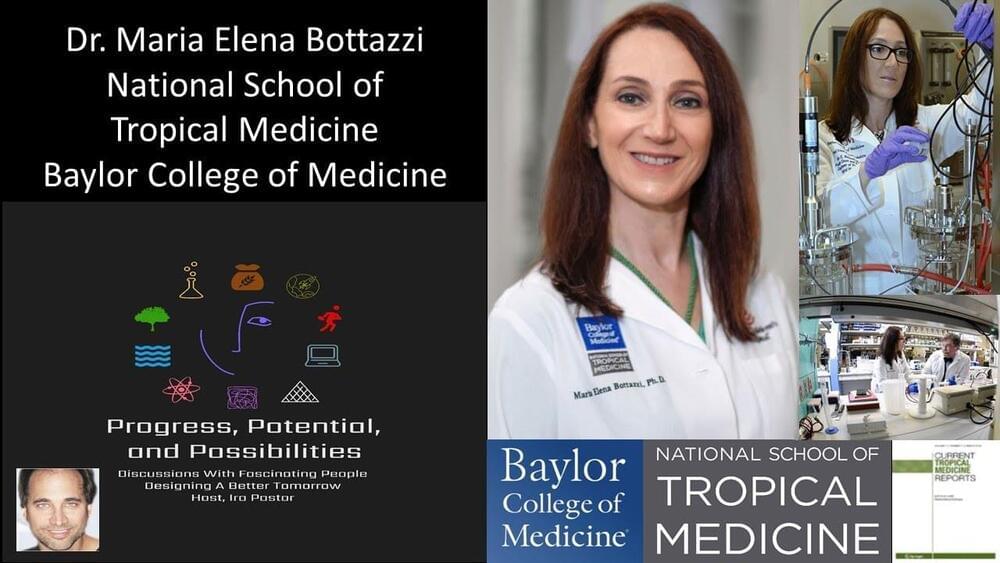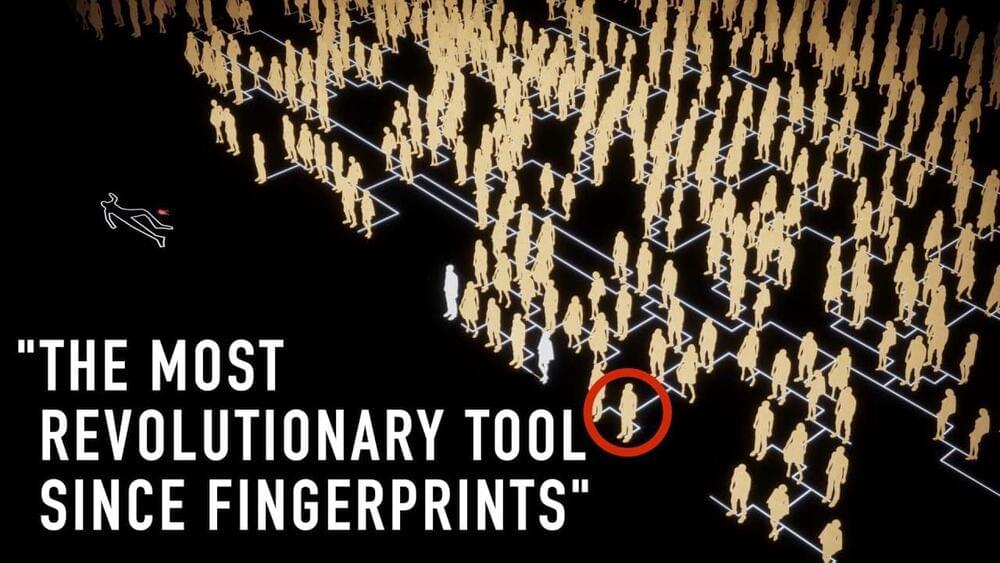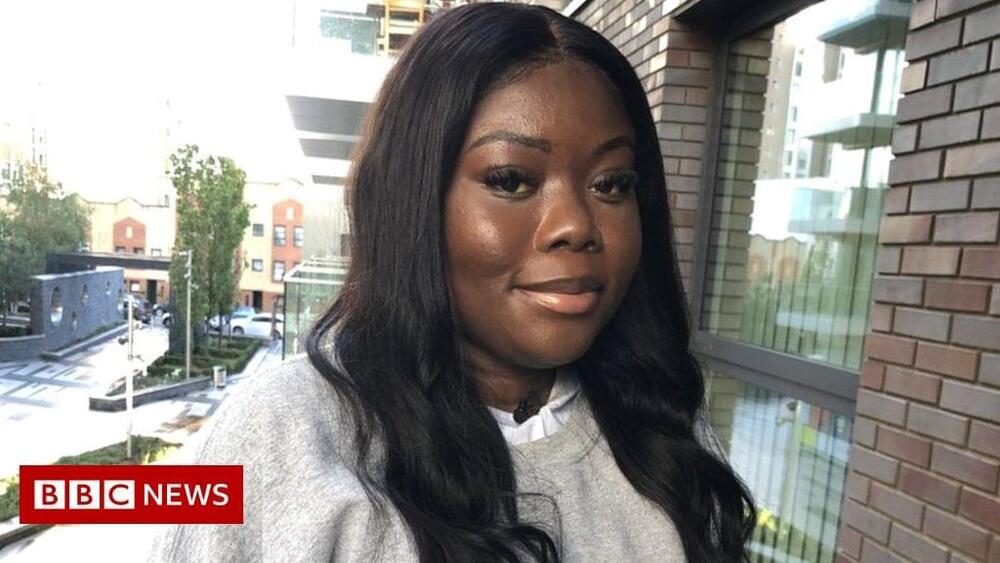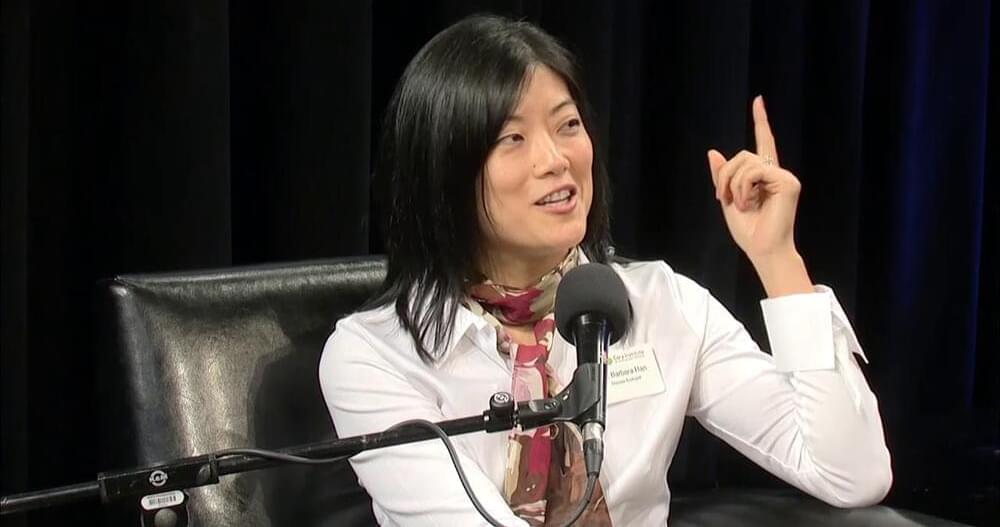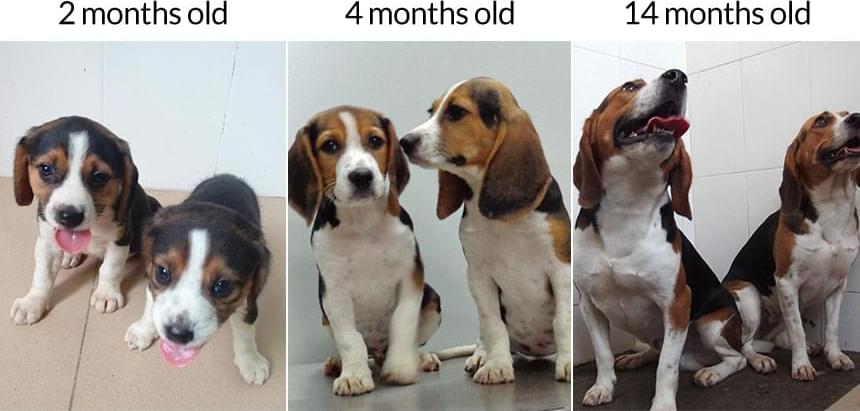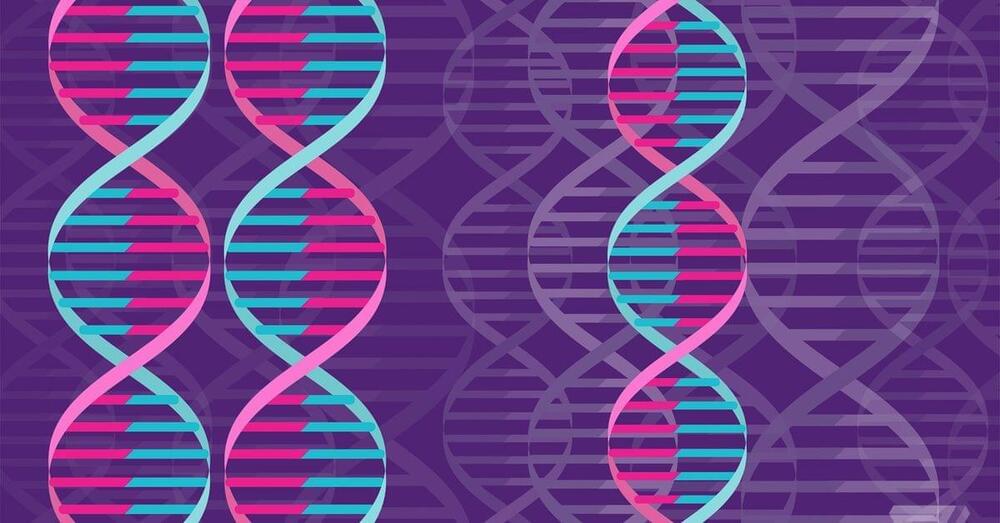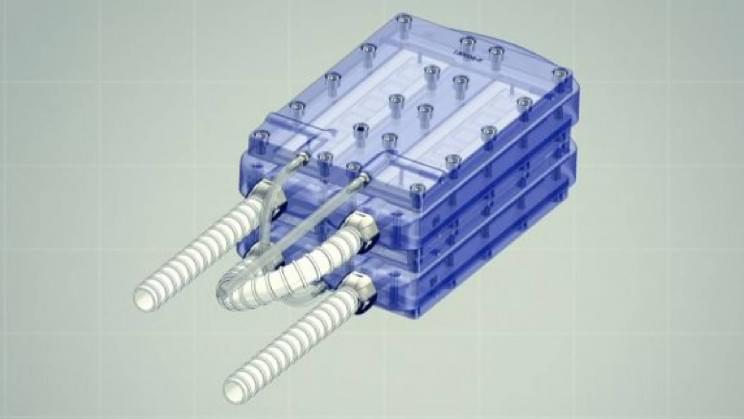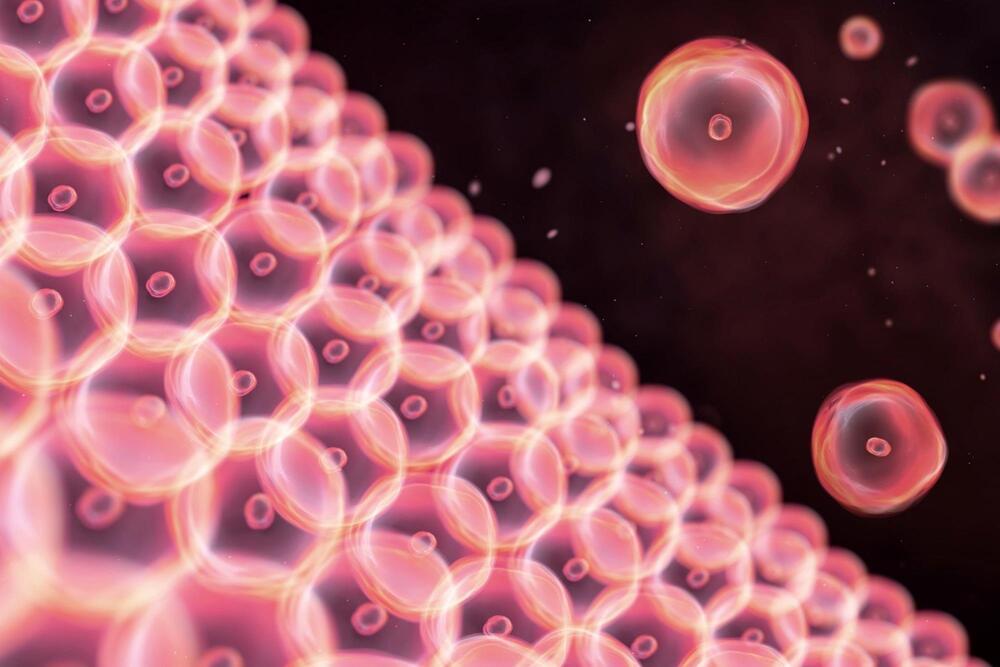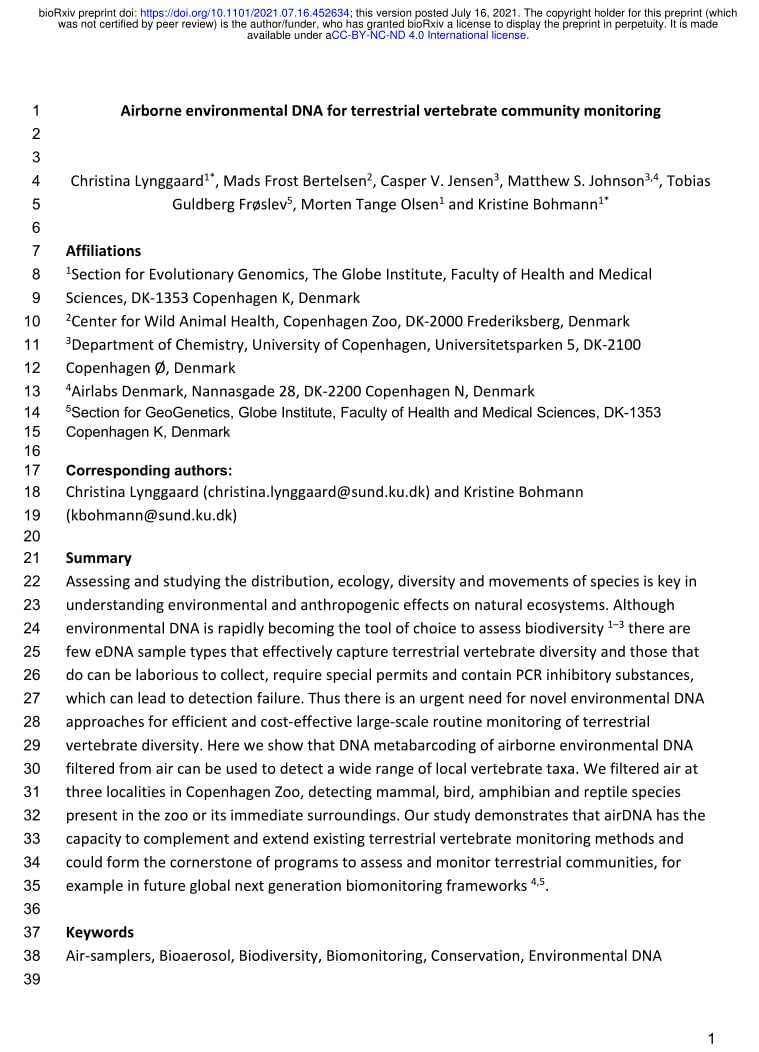Diagnosing, Treating, And Preventing Neglected Tropical Diseases — Dr. Maria Elena Bottazzi, BCM National School of Tropical Medicine, Baylor University.
Dr. Maria Elena Bottazzi (https://www.bcm.edu/people-search/maria-bottazzi-18431) is Distinguished Professor of Biology, Associate Dean of the National School of Tropical Medicine, and Professor in the Departments of Pediatrics, Molecular Virology and Microbiology, Integrative Molecular and Biomedical Sciences, and Translational Biology and Molecular Medicine, at Baylor College of Medicine.
Dr. Bottazzi is also Co-Director, Texas Children’s Hospital Center for Vaccine Development, Adjunct Professor, Department of Bioengineering, Rice University, and Editor-in-Chief, Current Tropical Medicine Reports.
Dr. Botazzi has a degree in microbiology from Universidad Nacional Autónoma de Honduras, a PhD from University Of Florida, did a Post-Doctoral Fellowship at University Of Pennsylvania and at University Of Miami Hospital And Clinics, and a Fellowship at American Association for the Advancement of Science Leshner Leadership Institute.
Dr. Botazzi is involved in a range of activities related to the development of novel vaccines and adjuvants for neglected tropical diseases (Chagas Disease, Leishmaniasis, Human Hookworm Vaccine, Schistosomiasis Vaccine), as well as extensive work on Covid vaccines.
